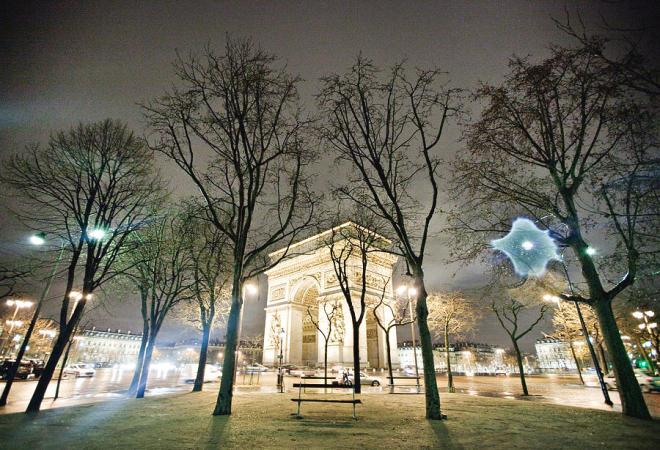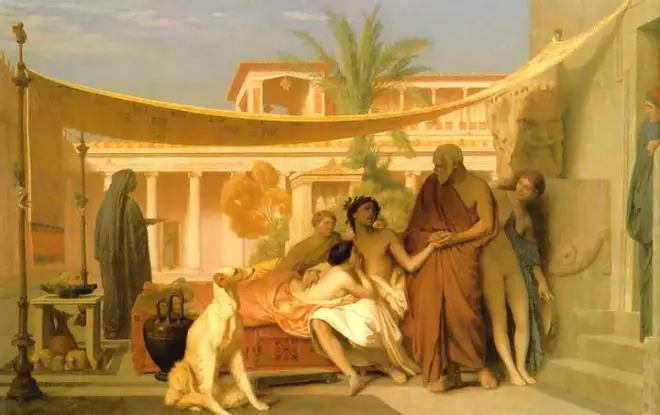 A good friend of mine, Gina, recently moved from Sydney to Yamba, on the northern New South Wales coast. Gina had been working as a project manager for a US-Australian cloud computing company while helping a number of local not-for-profits and social good initiatives kick butt on the fly. After years of holding space at the centre of a social innovation storm, she needed a break. Yamba was just the ticket. Nestled at the mouth of the Clarence river, festooned with pristine beaches and silvery waterways, Yamba was voted Australia’s best town in 2009. For Gina, it was the perfect place to rest, rechange, and reorient herself. It was time to shake free of things that were no longer important to her and refocus on the challenges and opportunities ahead.
A good friend of mine, Gina, recently moved from Sydney to Yamba, on the northern New South Wales coast. Gina had been working as a project manager for a US-Australian cloud computing company while helping a number of local not-for-profits and social good initiatives kick butt on the fly. After years of holding space at the centre of a social innovation storm, she needed a break. Yamba was just the ticket. Nestled at the mouth of the Clarence river, festooned with pristine beaches and silvery waterways, Yamba was voted Australia’s best town in 2009. For Gina, it was the perfect place to rest, rechange, and reorient herself. It was time to shake free of things that were no longer important to her and refocus on the challenges and opportunities ahead.
The first thing she noticed was the quiet. Yamba is still – particularly after lights out. Decimal levels pick up gently in the day: the cawing of parrots, the mumble of passing cars, an occassional leafblower intruding on the calm. Gina took to rising at dawn, taking walks along the beach, and meditating in the afternoons. Her body found a different rhythm, settling into Yamba time, shaped by the sun and tides more than the movement of the clock. Soon, the quiet didn’t seem empty anymore. The silence was rich and overflowing, full of the burgeoning murmur of life.
Then the sense of isolation set in. Gina had moved to Yamba with a view to sewing together the network for a new not-for-profit. Without a job, she had plenty of time to reach out to friends and associates to spread the word. The trouble was, it was hard to do anything beyond that. Back in Sydney, Gina would have followed up a call with a coffee date and kept in touch with her contacts and acquaintences by dropping in on seminars and events about town. Now she was on the outside of this activity, just when she needed to be diving into it. She began to panic. The sense of isolation made her feel torn in two. Part of her was snugly cocooned in the rhythms and flows of Yamba. Another part of her was hammering on the walls of the cocoon like a butterfly impatient to be born, reaching beyond Yamba, trying and failing to connect with the flows of the city. [Read more…]
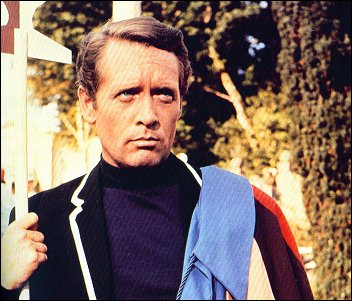


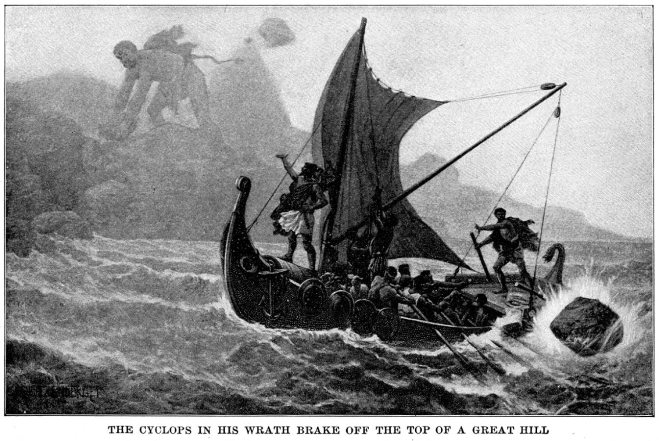
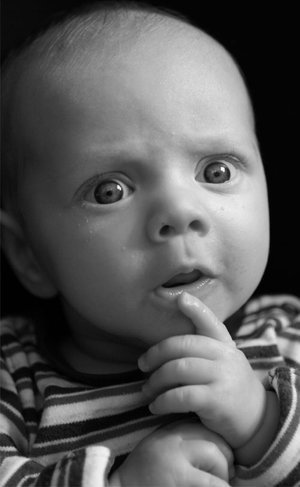 What is the use of philosophy? Is it simply to reinforce the value of critical thinking, or is there something more meaningful to the discipline that academic philosophers, with their passion for critical thought, have missed? I founded
What is the use of philosophy? Is it simply to reinforce the value of critical thinking, or is there something more meaningful to the discipline that academic philosophers, with their passion for critical thought, have missed? I founded 